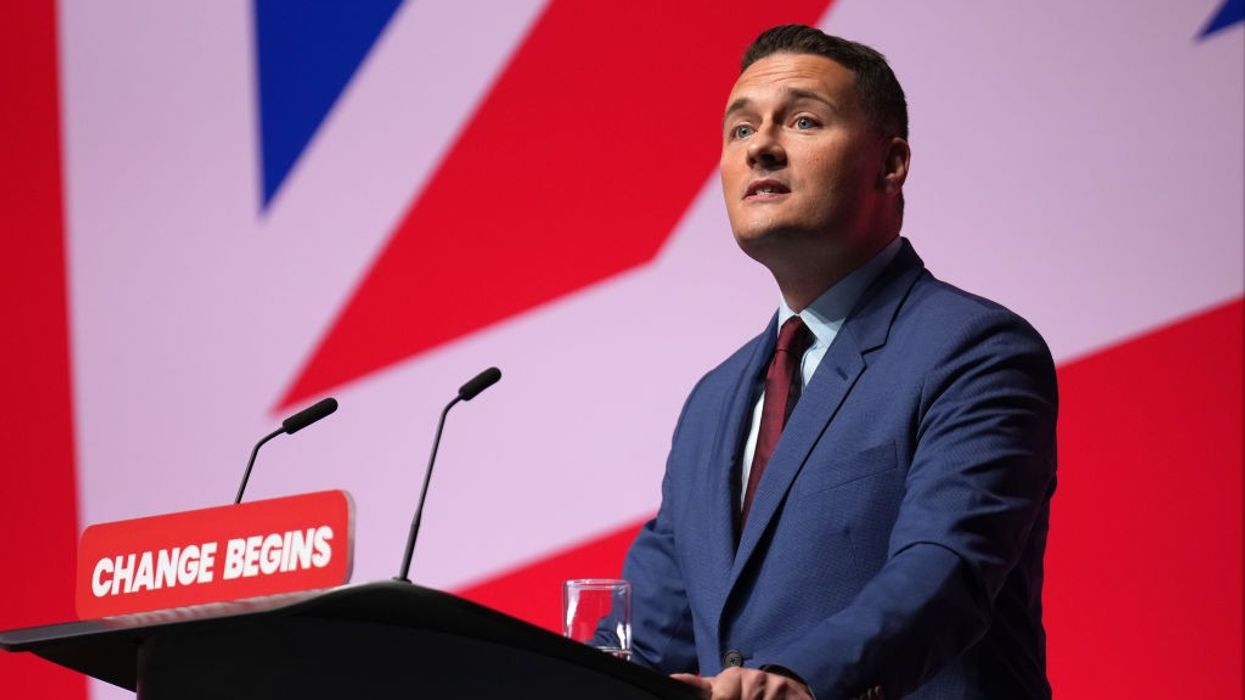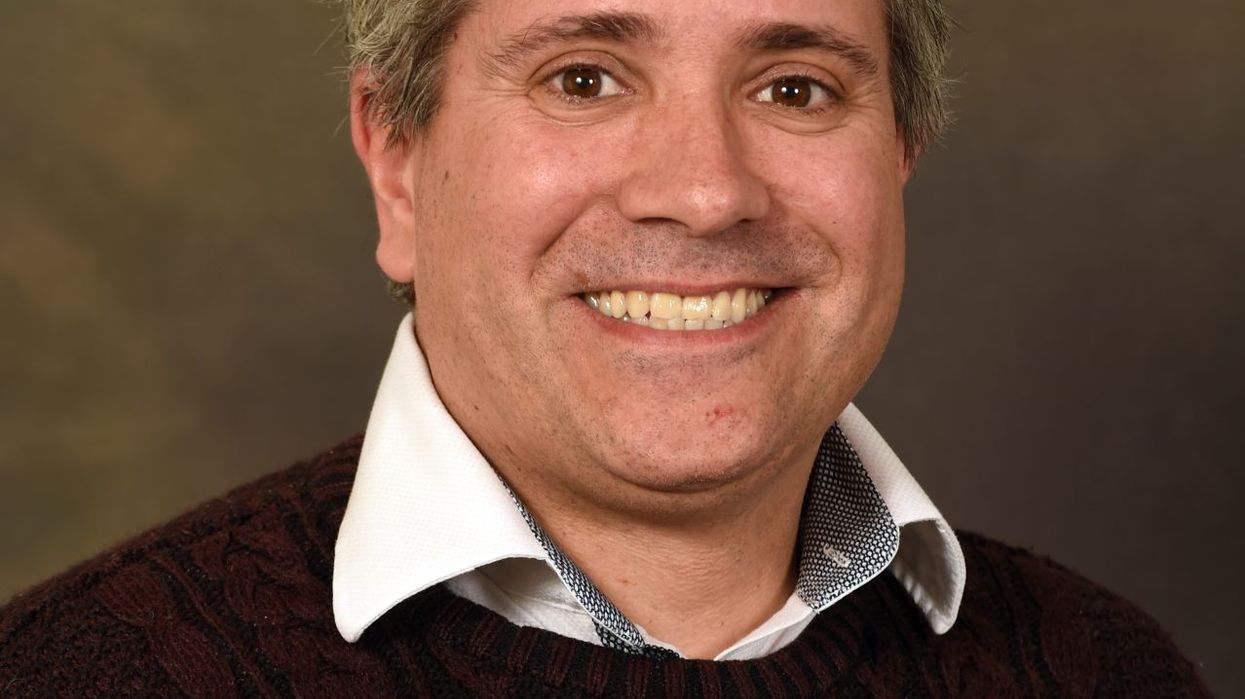The UK prime minister also recognised the need to invest in health infrastructure across the country
Responding to an MP’s question in the House of Commons, prime minister Rishi Sunak reiterated his deep concern for the future of UK community pharmacies, stressing their commitment to enhancing the sector with an additional £645 million in funding through the Pharmacy First initiative.
At the recent Prime Minister’s Questions last Wednesday, Angela Richardson, the Conservative MP for Guildford, raised the issue of rising pharmacy closures, revealing that Guildford recently lost two neighbouring pharmacies.
Highlighting that empowering local pharmacies is a key part of this government's plan to cut waiting lists, she asked Sunak whether he would agree that it is vital for residents to have access to “a good, efficient, and above all, local pharmacy.”
In response, Sunak said: “I care deeply about the future of our community pharmacies.”
“And she's now right about the important role that our local pharmacies can play. That's why we're backing them with £645 million of additional funding through Pharmacy First so that you can now go straight to your pharmacist, and receive treatment for seven of the most common ailments, saving you time and ensuring that patients get the care they need quicker and closer to home.”
Announcing a positive development, the Guildford MP informed the House of Commons that she has helped secure a new pharmacy in Burpham by collaborating closely with local pharmacists, concerned residents, the minister, and the ICB.
She asked the prime minister if he would join her in welcoming this new pharmacy.
Sunak responded that he was “very pleased” to hear about Richardson’s success in securing a new pharmacy for her constituents, noting its addition to the “10,500 others across the country.”
Navendu Mishra, Labour Party MP for Stockport, brought to the attention of Parliament major structural deficiencies at Stepping Hill Hospital in Stockport, citing a report from The Guardian.
He said: “Stepping Hill’s major out-patients building, the radiology department and the critical care unit have all been condemned.
“In March, I met with senior officials at Stockport NHS Trust and they were clear that a sustained lack of capital investment was the root cause of problems at my local hospital.”
He questioned the prime minister whether he thought “our hospitals quite literally crumbling is the price worth paying for 14 years of successive Conservative failure.”
In response, Sunak said that they fully recognise the need to invest in health infrastructure across the country, including at Stepping Hill Hospital.
“That is why we are currently spending around £4 billion a year for trusts to spend on necessary maintenance and repairs, on top of the £20 billion new hospital programme and the additional funding that was put aside to deal with RAAC—reinforced autoclaved aerated concrete——maintenance.”
Sunak suggested that Labour Party MP should look at his party’s record in Wales, where people are currently experiencing “the worst A&E performance and the longest wait times anywhere in Great Britain.”










![Potential Side Effects of Mounjaro [What You Need to Know]](https://www.pharmacy.biz/media-library/image.jpg?id=54516976&width=1245&height=700&quality=90&coordinates=0%2C29%2C0%2C29)








